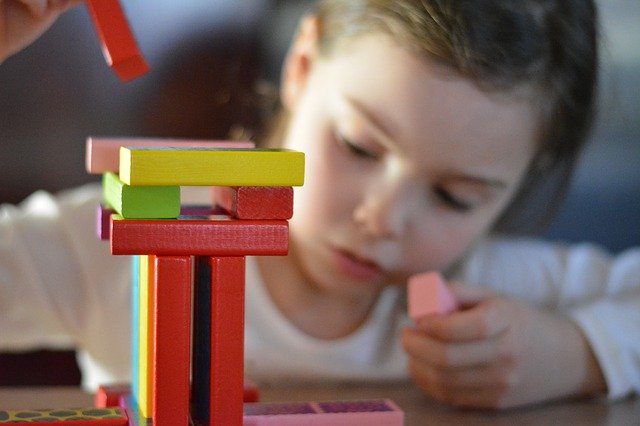
Jane Hetherington is a town councillor and a mental health specialist who lives in Ramsgate.
The Ofsted report on the effects of the COVID-19 pandemic across the sectors it inspects and regulates has today (November 10) revealed that children have been hit hard by school closures – either during the first national lockdown or due to positive tests in schools since September – and that many have regressed in some basic skills and learning.
This has particularly affected children whose parents have been unable to work flexibly. Older children are showing signs of mental distress, less physical fitness, a regression in reading ability and an increase in eating disorders and self harm. There are also concerns around children who have “fallen below the radar “ with fears of increased incidence of domestic neglect, abuse and child exploitation going undetected.
Much has been written about adolescent mental health but less so in relation to our 5 million children of primary school age, whose plans, play dates, parties, treats etc have been disrupted by the events of the last year. The uncertainty and lack of focus brought on by the home schooling of children has impacted detrimentally on their self esteem and resilience.
Parental stress and constant change impacts directly on this age group and there is evidence of increased low level anxiety. Studies reveal emotional and behavioural difficulties in this age group that occurred during the initial lockdown.
Programmes are being put in place in some schools in the country to address these issues. Some of the areas covered by these programmes include:
- Firstly explaining why the Lockdown rules exist and that these rules are to keep them safe even if they do not make obvious sense. Children appreciate rules/boundaries and breaking them causes anxiety.
- Active Listening which means spending the time to listen to what your child is saying. This means eye contact, responding and replaying back to the child what has been said so that they feel listened to and understood. This will encourage better and deeper communication.
- Reassure them that it is acceptable to feel frustrated. As an adult we do not have to expose all our frustrations to our children but say that the situation has changed and we may not be able to do something and acknowledge the frustration. It is good for children to recognise their emotions and to process them moving towards a more positive resolution, such as looking at alternatives. It is important to acknowledge that we all feel sad on occasions and that is ok.
- Praise your child’s character when they show resilience and perseverance not when they have won something. Comment on their strengths and problem solving abilities and tell them how proud you are of them, comment on qualities such as kindness.
- Reinforce their sense of achievement by giving them evidence that they can achieve things, try this initially with something they enjoy. Set, small, fun challenges for them which will celebrate their perseverance.
- Emphasise what there is to appreciate and that there are disappointments but in general there is a lot to be grateful for. Express gratitude to your children for small things they do such as keeping their rooms tidy, or helping with chores.
- Start playing breathing games with them to help manage stress, sometimes logic will not work. Teaching finger breathing can be helpful, get the child to hold out their hand and to use the index finger of the other hand to trace up and down their fingers, as they go down one finger breathe out and as they go up another finger breathe in. Encourage them to close their eyes and to trace their hand 10 times. This will release dopamine in the brain, teach the technique when the child is calm and happy and encourage the child to use it when upset or agitated.
As parents we know our children best so be mindful of mood and behavioural changes. Increased fighting, acting out, tantrums, silences, bed wetting, nightmares, emotional outbursts, lack of concentration, tearfulness or clinginess may be symptoms to look out for. It is best to address these issues promptly as not addressing a child’s distress will lead to longer term difficulties.

